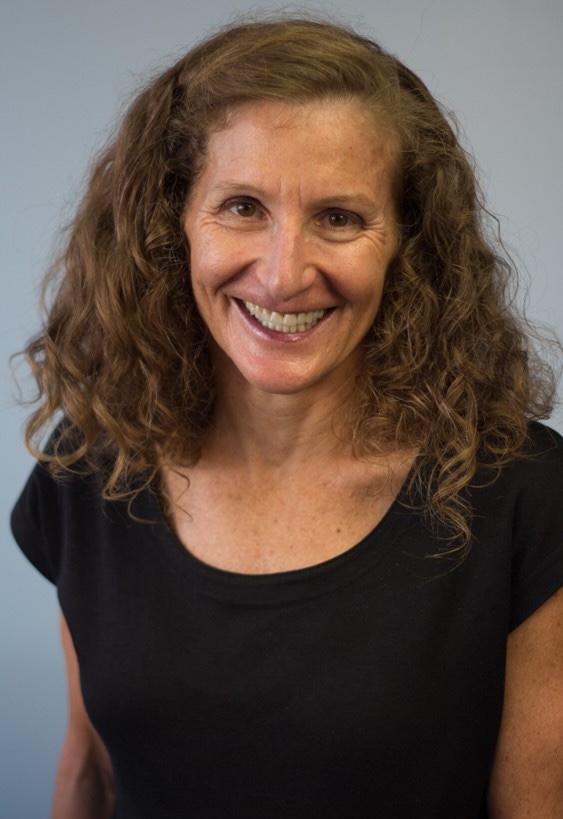OPENING CONFERENCE
SUSAN PAULSON
University of Florida


July 1st, 2025
12:00 p.m.
Susan Paulson is professor at the University of Florida’s Center for Latin American Studies. Decades of anthropological research in Andean and Amazonian communities inform her current work toward environmental justice in the anthropocene. Paulson learns with diverse interlocutors in forums ranging from indigenous leader workshops to executive summits , and in outlets from The Economist to Degrowth.info. Her writings include Degrowth and Anthropology (2024), World-making technology entangled with coloniality, racialization, and gender (2024), Pluriversal learning: pathways toward a world of many worlds (2019 ), and the co-authored book The Case for Degrowth (2020), translated into ten languages.
What do gender and kinship have to do with climate change?
Responding to the uncertainties and anxieties associated with climate change requires mobilizing gender and kinship systems, which in every society organize the production and reproduction of people, social ties and environments. Historical anthropologists and decolonial feminists draw attention to the fact that gender and kinship roles and relations, institutionalized with the rise of colonial capitalism, were adapted to facilitate forms of exploitation that led to greatly accelerated production and resource use, as well as ecosystem degradation and planetary imbalance. But what does anthropological research contribute to help broaden these horizons and change course?
Today we learn from some voices and visions from Latin America, including community and indigenous feminists who celebrate and politicize practices of communality and coexistence, and men who practice regenerative nurturing roles even as they play masculinities adapted to work in extractive industries that degrade their bodies and environments. Ignoring what is to come may lead us to elaborate more forceful solutions to build and establish other possible worlds. The expectations generated by gender and kinship-starting with the intimate care of humans and nature through bonds of reciprocity and trust-can be adapted to enhance meaning and pleasure today, as well as to reorient societies toward the regeneration of abundance. Unfortunately, this transformative potential provokes fierce resistance.
The representation of gender and kinship norms as immutable, determined by biology or God, extinguishes the creative impulse. The internalization of social expectations makes it difficult for us to question them as historical phenomena that change and can change. I appeal to your deep cultural understanding and your formidable creative capacities to imagine and forge identities, desires, and relationships that produce and reproduce the worlds we want.
